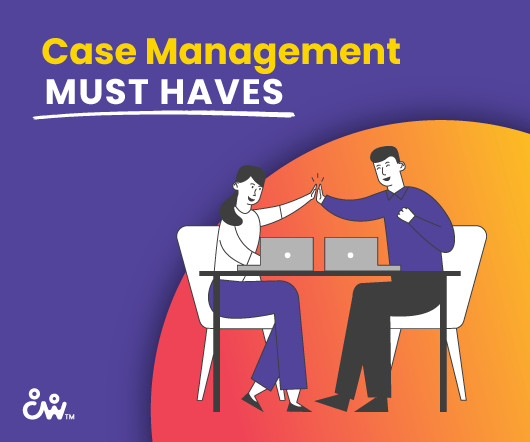What makes mental illness stigma so hard to change (and also to study)?
Society of Clinical Psychology
AUGUST 15, 2017
by Ava T. Casados about her recently published article in Clinical Psychology: Science and Practice. Society holds negative attitudes about mental illness, and these attitudes form a stigma that impacts many individuals on both interpersonal levels (e.g., blaming, name-calling) and institutional levels (e.g., employment discrimination). The stigma experienced because of one’s mental illness can in turn exacerbate psychological symptoms and deter treatment-use and recovery, thus further compromis






















Let's personalize your content